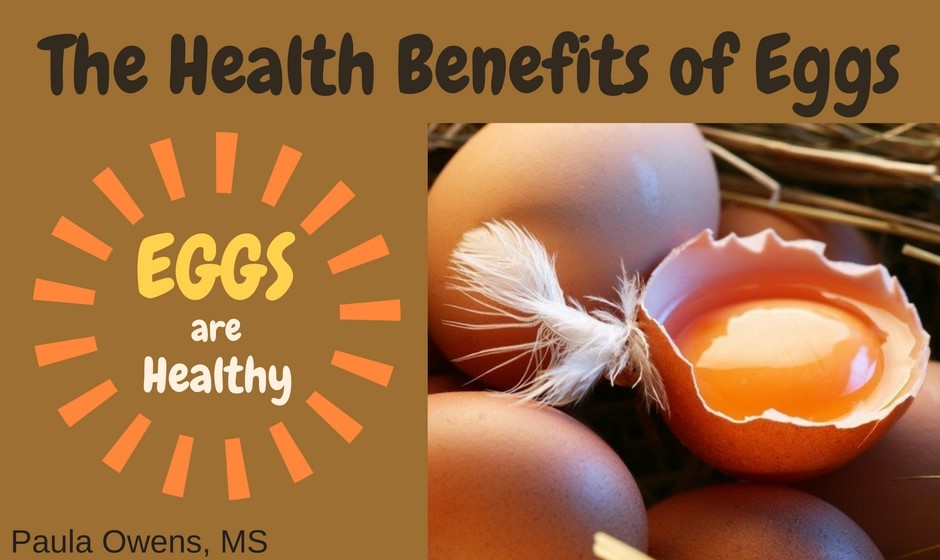Educating and Empowering You to Heal, Thrive, and Live a Happy, Healthy Lifestyle
Eggs Are Healthy! The Health Benefits of Eggs
 Eggs are healthy, despite what you may have heard, read or been told… but, they must be organic, pasture-raised eggs.
Eggs are healthy, despite what you may have heard, read or been told… but, they must be organic, pasture-raised eggs.
The idea that eggs are unhealthy and promote heart disease is a complete myth. While it’s true that fats from animal sources contain cholesterol, eating eggs will not raise your cholesterol levels or cause heart disease.
We’re living in an era of information overload and flawed, fake studies that are causing so much confusion and misinformation regarding diet, food choice, nutrition and health. It’s time to set the record straight on the nutritional value and health benefits of eggs.
The truth is eggs are a nutrient-dense food. They are an excellent source of protein and heart-healthy omega-3, they’re rich in choline (a brain nutrient), and full of antioxidants that are important for healthy eyes and vision.
Eggs are Healthy! The Health Benefits of Eggs
-
Eggs are rich in the omega-3 fatty acid, DHA that is vital for healthy brain function
-
The yolk contains 43% of the total egg protein and has the highest concentration of amino acids required for optimal brain function.
-
The egg yolk is one of the best sources of choline, a vital nutrient required to make acetylcholine, a neurotransmitter involved in memory. Choline is vital for brain health, especially fetal brain development, proper liver, brain and nerve function, memory and transporting nutrients throughout the body. Low choline levels are associated with anxiety. Nearly 90% of Americans are deficient in choline. Just 10% of older children, men, women and pregnant women are getting an adequate intake of choline [Zeisel et al., 2009].
-
100% of the carotenoids, essential fatty acids, and fat-soluble vitamins A, E, D, and K are found in the egg yolk. These fat soluble vitamins support the thyroid gland, reduce the damaging effects of diabetes, boost immune function, reduce risk of cancer, keep bones and teeth strong, and skin healthy, plus so much more.
-
More than 90% of the calcium, iron, phosphorus, zinc, thiamin, vitamin B6, folate, and vitamin B12, and 89% of the pantothenic acid are found in the yolk. The egg white contains over 80% of the magnesium, sodium, and niacin.
-
The yolk contains between 50-80% of copper, manganese, and selenium, while the white contains between 50-80% of the potassium, riboflavin (vitamin B2), and protein.
-
A study published in the Journal of the American Medical Association found zero link between egg consumption and risk of heart disease. The study found that egg consumption may actually prevent blood clots, stroke and heart attack.
-
Eating eggs reduce small-LDL cholesterol levels by 18%.
-
Research published in the International Journal of Obesity found that eating eggs for breakfast helped overweight individuals lose 65% more weight and feel more energetic versus those who ate a bagel breakfast.
Eggs are a great source of choline, which is necessary to generate the methyl groups that are used in epigenetics to change the way genes are activated.
Egg-ceptional Facts: Eggs are Healthy
☑️ Eat only organic, free-range, pasture-raised eggs. Organic, pasture-raised eggs (not pasteurized) are eggs from hens that are outdoors in the sunshine, not caged, feeding on insects and grass (grass that is not sprayed with chemicals, pesticides and glyphosate), and are full of quality nutrients versus eggs from confined, factory-farmed chickens.
☑️ Avoid factory-farmed, conventionally-raised eggs that are raised in brutal and unsanitary conditions, and especially avoid egg beaters (fake, chemical, franken-eggs).

